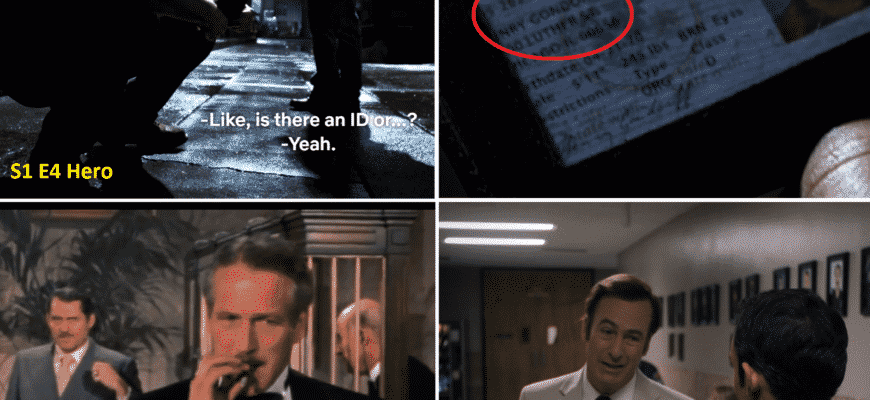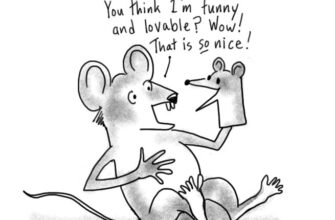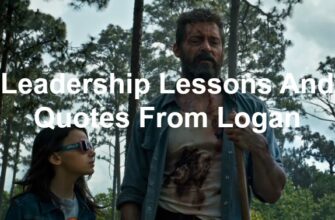There’s something about being in a position of authority that seems to attract con artists. Disguised as consultants, applicants, vendors, and investors, leaders are often approached by people who claim to be something they are not. Sometimes it’s an exaggeration, others times it’s the convenient absence of information or an all-out lie. Just look at Jimmy McGill.
James “Jimmy” McGill, better known as Saul Goodman, is an attorney who pushes the boundaries of the law to the point of being unethical. I will refrain from making a hackneyed lawyer joke because Saul is more than your stereotypical slimy lawyer, he is a con artist. As such, he has no problem conning free publicity from a news correspondent with a staged suicide attempt or conning the legal system to help drug dealers launder money. I’d like to think I’m too sophisticated to fall for Saul’s shtick, but that may be just what a con artist is banking on.
Con artists take advantage of us by discovering what we feel most confident about — those beliefs we are least likely to question — and using it for nefarious intent. This intent many be for money, power, influence, or your job; either way, it is self-serving and against your better interests. A reason we are all susceptible to cons is based on what psychologists call egocentric anchoring, the misalignment between seeing ourselves as highly contextualized versus viewing others as more generalized and homogenous. Described in the paper, How to Seem Telepathic, con artists exploit this mismatch by creating the illusion of like-mindedness, which builds a foundation of greater trust.
When we like someone or feel an affinity for them, we tend to mimic their behavior, facial expressions, and gestures, a phenomenon known as the chameleon effect. But the effect works the other way, too… we can fake the natural liking process quite well.—Maria Konnikova
Here’s how it works. As Maria Konnikova describes in her book The Confidence Game: Why We Fall for It … Every Time, it begins when the con artist identifies the victim (the put-up) and creates rapport and a sense of empathy (the play). Once the relationship is established, the con is in motion with a barrage of logic and persuasion (the rope) to sell their scheme (the tale) with the ways it will benefit you (the convincer). Then, by the time the swindle has occurred (the touch), we’ve become so unknowingly invested that we may not even realize there was a con.
The confidence people have in their beliefs is not a measure of the quality of evidence, but of the coherence of the story that the mind has managed to construct.—Daniel Kahneman, Nobel-winning psychologist
It may not be possible to avoid all instances of being hustled; the wider your leadership capacity extends, the more opportunities there will be for potential cons. There are, however, steps that can be taken to mitigate being swindled by the Sauls of the world:
Slow down. The research on con artists shows that it is prevalent in time of high pressure and the need for fast changes. These periods of transition breed uncertainty and make us gullible to those selling a quick solution. Be aware of instances when you feel anxiety so you can be mindful before making sizable purchases, carrying out significant changes, or taking counsel from someone who has much to gain from your decision.
Instill some self-doubt. A con artist doesn’t force us to do anything; they assess the areas where our belief is unshakeable and build on that foundation to subtly change the world around us. Our confidence will blind us from seeing that changes are even happening. To battle this, don’t be so sure of yourself. Take counsel from people who have nothing to gain from your accomplishments and have developed a track record of being interested in your success.
Consider the timing. If you think you are too smart to be conned, research shows that everyone, regardless of their aptitude, is more susceptible after experiencing a setback: financial problems, injury, divorce, or any other occurrence that we associate with failing. So instead of relying on your IQ, lean on your EQ (emotional intelligence) to know when you are at a low point and should not be making big decisions.
When it comes to predicting who will fall, personality generalities tend to go out the window. Instead, one of the factors that emerges is circumstance: it’s not who you are, but where you happen to be at this particular moment in your life. —Maria Konnikova
Most people are not out to get you, but that doesn’t mean you can remain vulnerable. There are many Saul Goodman’s in the world and we must have the ability to see through their façade. If we don’t, they will take advantage of our naively trusting nature. This is more than being made to look like a fool; the repercussions of the con artist’s actions can affect productivity, profitability, and culture and may ultimately destroy a company. Be on guard and don’t trust a guy wearing a bright red dress shirt.







